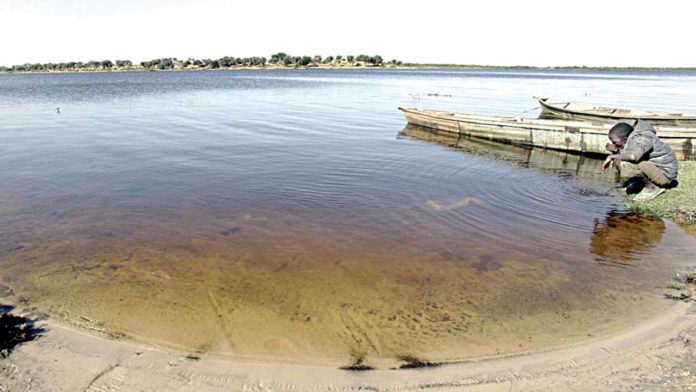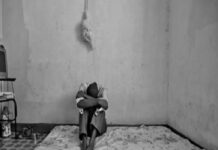
The United Nations Development Programme has launched a multimillion-dollar fund to scale up the range of interventions meant to stabilise the Lake Chad Basin region.
The four countries in the region have welcomed the UNDP’s Regional Stabilization Facility for Lake Chad as part of their own ongoing efforts to secure and stabilize the region.
The facility starts operating on September 1 for two years in the eight affected regions of the four countries in the region—Cameroon, Chad, Niger and Nigeria.
It will serve as a rapid-response mechanism to help local authorities extend “effective civilian security” to curtail the ability of Boko Haram insurgency.
It will also improve delivery of basic services and livelihoods.
The facility was officially presented at the second meeting of Lake Chad Governors Forum in Niamey, funded by the German government.
Speaking of the potentially far-reaching impact of the Facility during the opening ceremony of the 2nd Meeting of the Lake Chad Governors’ Forum, UNDP Regional Director for Africa Ms. Ahunna Eziakonwa said:
“With the Regional Stabilization Facility, we have a unique and time-bound opportunity and a collective obligation to restore hope to affected populations, especially women and youth who have been most affected by this scourge,” said regional director for Africa, Ahunna Eziakonwa.
“If we respond appropriately to grievances and end the spiral of insecurity, forced displacements and conflict, the situation in the Lake Chad Basin can be stabilized, and the foundations of recovery and development established.”
Corinna Fricke, from the German Federal Foreign Office stated that “the multi-donor Regional Stabilization Facility’s integrated civil-military approach, including a strong focus on livelihoods and resilience, fills a strategic gap in the existing stabilisation efforts.”
The Facility will be implemented with a planned budget of $100 million for the first phase across the four countries.
All four have committed to leading necessary stabilisation efforts in the region.
Germany, Sweden and Britain plan to provide funding for the first phase of the facility.
Sweden has signed a cost-sharing agreement totalling 80 million Swedish Kronor as a contribution to the Regional Stabilization Strategy.
























